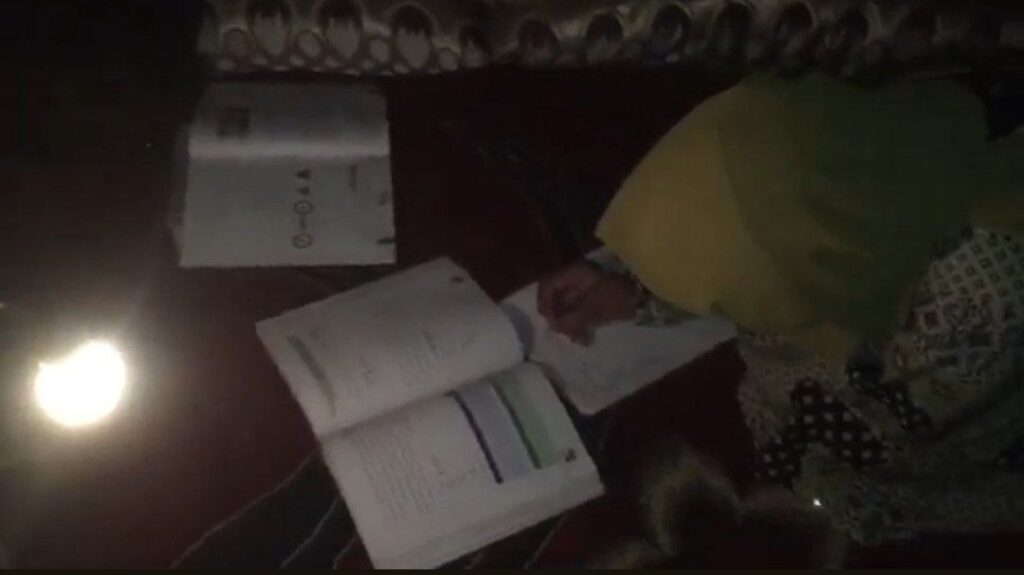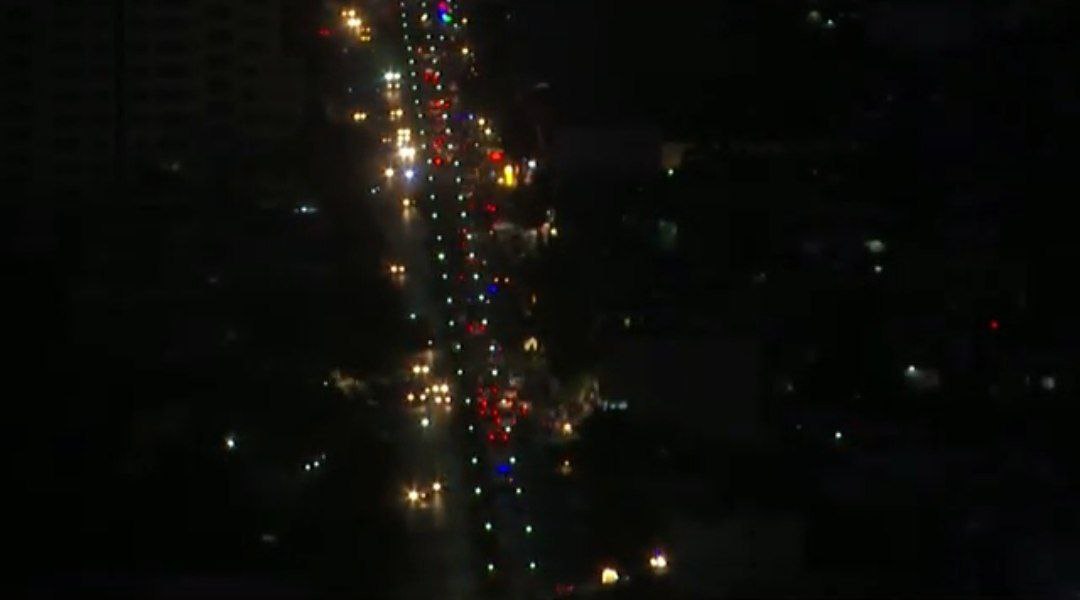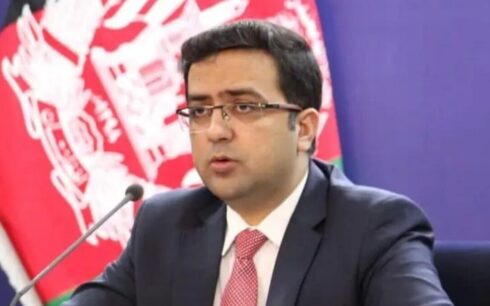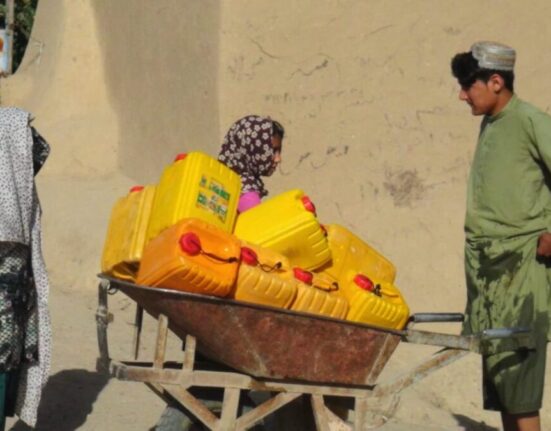KABUL, Afghanistan — Kabul residents say they are increasingly frustrated by persistent power outages, reporting that, despite repeated complaints, little action has been taken to resolve the issue.
Many Kabul residents report receiving only two to four hours of electricity per day. The frequent blackouts have forced families and students to rely on gas lamps for light, raising health concerns. Wassila, a 12-year-old sixth-grader, studies by the dim glow of a gas lamp each night. “I go to school and attend courses during the day, but when I want to do my homework at night, we don’t have electricity,” she said. “How can I study? We are suffering a lot from this situation.”

Alongside the inconvenience of the outages, residents say they are being overcharged for electricity. Mirwais, another Kabul resident, said he was billed 1,600 Afghanis last month despite having power only a few hours each day. “The problems caused by the lack of electricity are numerous, and the unfair distribution of power is a persistent issue,” he said.
Kabul, with a population exceeding five million, requires more than 700 megawatts of electricity, according to official estimates. But many households endure nights without any power, with service sometimes lasting only an hour when it does return. “People are in serious trouble,” said Murtaza, another resident. “Electricity is a priority, and I hope that someone hears my voice.”
Kabul’s frequent blackouts make it one of the few capital cities in the world that remains regularly shrouded in darkness. Afghanistan relies heavily on electricity imports, primarily from Uzbekistan, Tajikistan, Turkmenistan, and Iran, with roughly 70 percent of its electricity supply coming from these sources.





